Today I’m joined by supply chain software brand, Manhattan Associates.
Manhattan provide more than just supply chain solutions. Through advanced cloud-native technology, and deep collaboration, their team of experienced industry experts are dedicated to equipping their partners with the tools needed to navigate the supply chain commerce world effectively. Connecting over 2 billion people to over 20 billion consumer choices, they’re passionate about building technology that moves life and commerce forward.
Today, Jeff Beadle, Senior Director of Science Management at Manhattan, joins me to talk all about Manhattan’s Unified Forecast Method (UFM); how a hybrid forecasting approach is different to the typical models, and the benefits it brings to supply chain planning; the power of optimized inventory; and leveraging AI to empower supply chain teams.
Guest bio:
Jeff Beadle is the Head of Manhattan’s Science Group, where he spearheads the advancement of the cutting-edge mathematical modeling, optimization, algorithms, heuristics, data science, AI, and machine learning that form the backbone of Manhattan’s supply chain solutions. With deep expertise in data science, AI, machine learning, operations research, advanced analytics, and predictive modeling, Jeff plays a critical role in developing the sophisticated technologies that drive Manhattan’s Supply Chain Planning platform. A seasoned computational and algorithmic data scientist, Jeff brings nearly 25 years of experience in pioneering innovative solutions to complex optimization and analytical challenges in the supply chain industry. His leadership in R&D ensures that Manhattan’s solutions remain at the forefront of supply chain science, continuously pushing the boundaries of what’s possible in inventory optimization and forecasting.
IN THIS EPISODE WE DISCUSS:
[06.28] An introduction to Jeff, his role at Manhattan, and how, as a physicist coming from a job at the “applied chaos lab,” he found his way to supply chain.
“As a data scientist, there’s not a better sandbox than supply chain – and especially at Manhattan, given the breadth of solutions we have across the space.”
[09.10] Why unification is key to both Manhattan’s approach to helping clients and to improving the industry; and its importance in forecasting.
“By unifying demand forecasting methods into a single composite model, it elevates capability, robustness, adaptability, and accuracy – and therefore all of the optimization of supply chain processes, and applications that are consuming that output.”
[12.32] An overview of UFM, how its hybrid forecasting approach differs from more traditional statistical models and standalone machine learning models, and why Manhattan have combined these approaches into one model.
“Hybrid forecasting combines statistical time series models with machine learning algorithms offering a uniquely powerful and balanced approach to demand forecasting.”
[17.38] The challenges with machine learning, and the benefits that UFMs hybrid approach brings to supply chain planning.
“There are still shortcomings to machine learning, and high failure rates… Machine learning builds knowledge strictly from the data it observes. So if it has an incomplete aspect of the data model… it can lead to misleading results.”
[23.56] How UFM allows organizations to make decisions that have benefits across all business areas.
“That combined hybrid approach takes on an inside-out, outside-in demand planning approach… this provides a very adaptive, accurate mechanism… and that impacts all cross-functional processes.”
[27.07] An overview of how UFM continuously learns and updates its forecasts in real-time.
[30.07] The low-management nature of UFM, and how that frees up teams to take on the more strategic and creative work.
“It’s very autonomous and hands-free – it doesn’t require special staffing or oversight.”
[33.30] The ideal client for Manhattan’s UFM.
“The better plans and forecasts we have, the less we have to react through execution systems – that’s sub-optimal. You want a better plan, a better projection, and the more accurate and tighter that is, the better the overall downstream impact.”
RESOURCES AND LINKS MENTIONED:
Head over to Manhattan’s website now to find out more and discover how they could help you too. You can also connect with Manhattan and keep up to date with the latest over on LinkedIn, YouTube, Facebook and X (Twitter), or you can connect with Jeff on LinkedIn.
If you enjoyed this episode and want to hear more from Manhattan, check out 430: Unify Your Supply Chain Systems, with Manhattan Associates.
Check out our other podcasts HERE.












